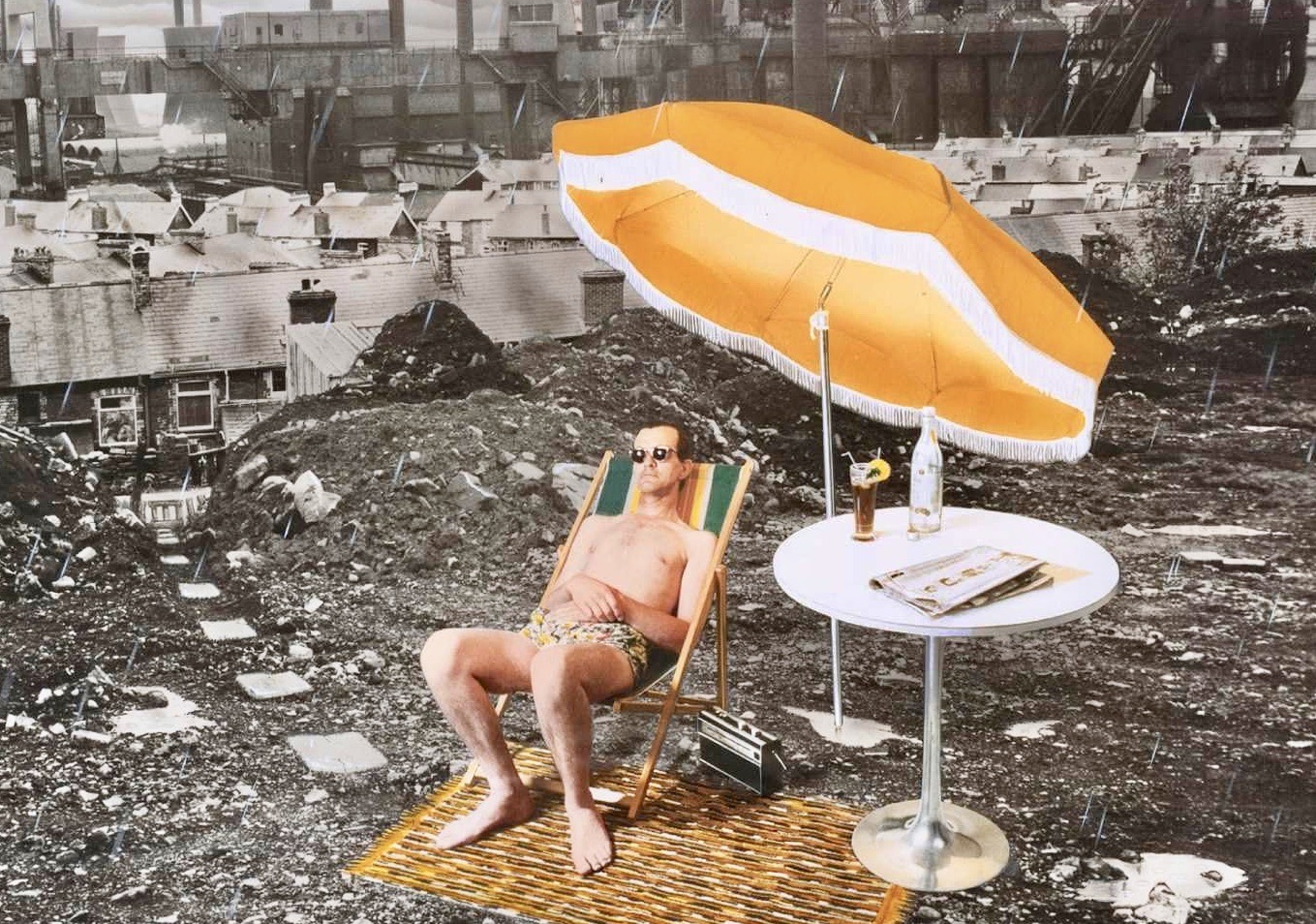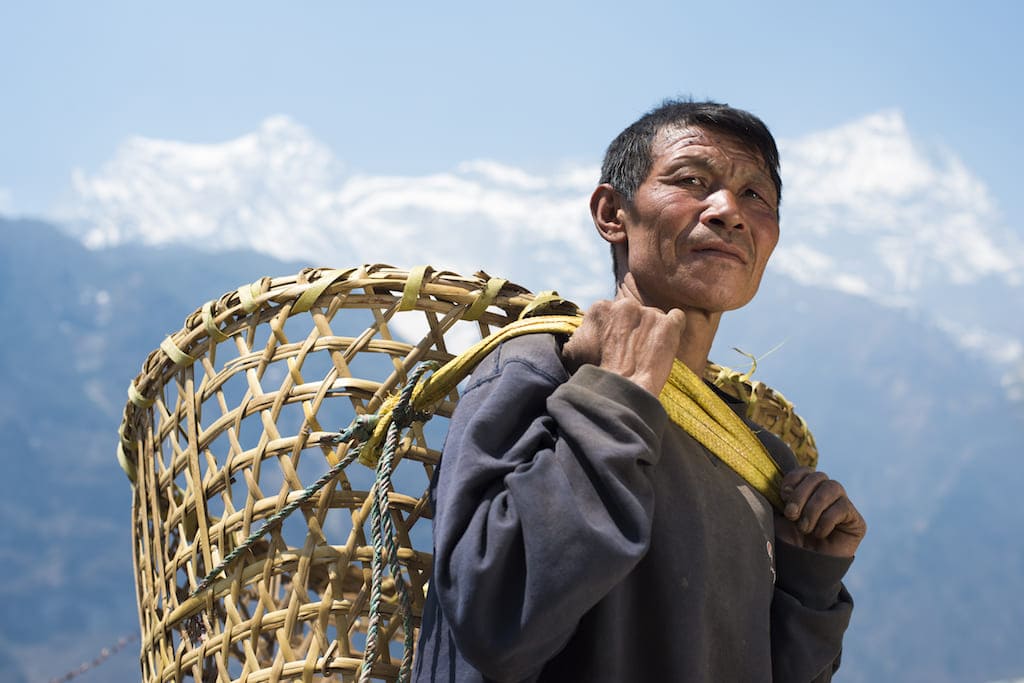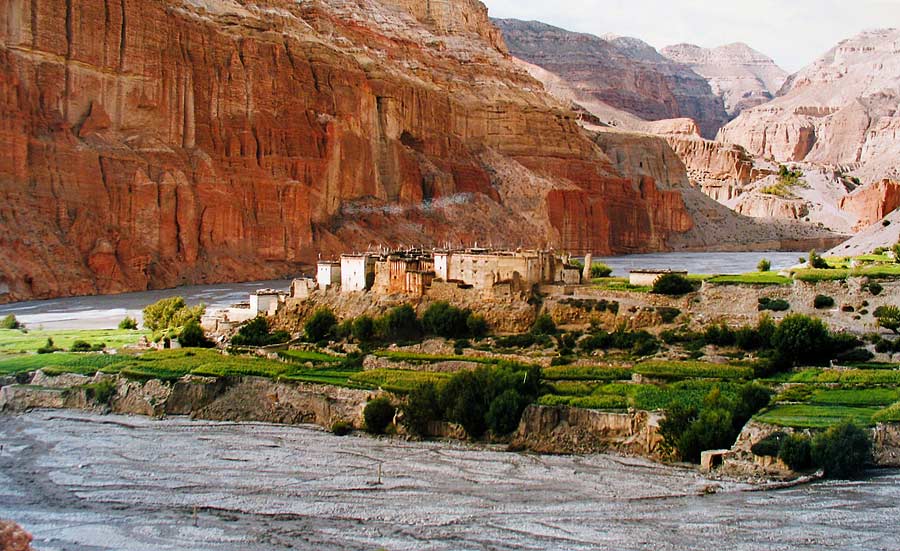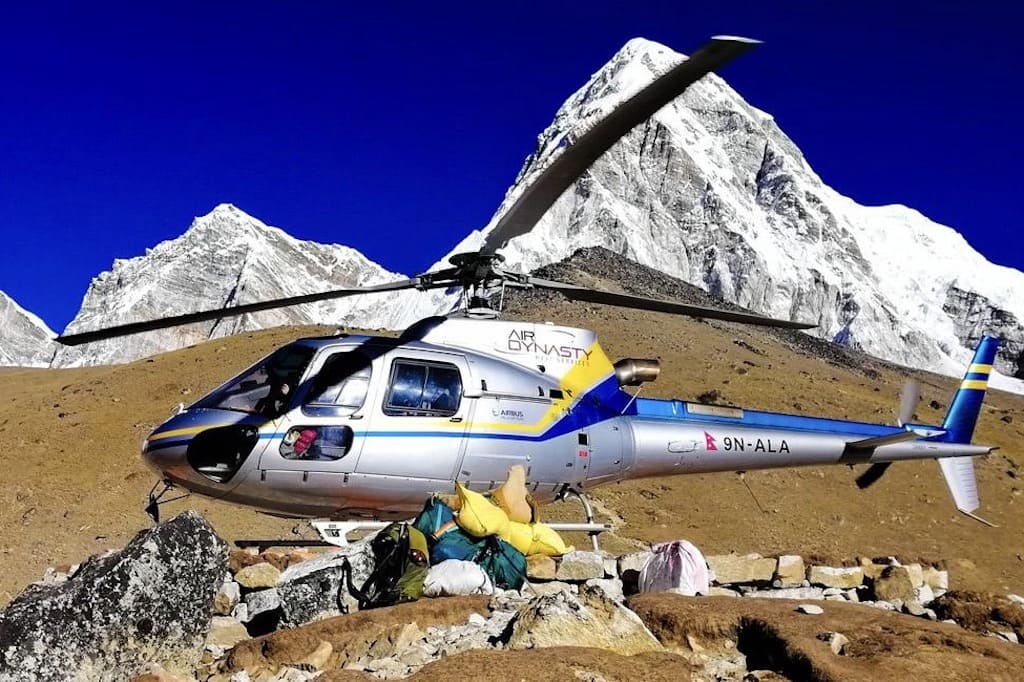You can contact us by e-mail or phone
from uk
01405 862917
outside uk
+44 1405 862917
01405 862917
+44 1405 862917

Crisis? What Crisis?
Snow Cat Travel - A UK registered trade mark
If you are reading this then it's quite possible at this moment in time we are dealing with a crisis event and we have pointed you to this article as we may be presently overwhelmed in a "everything is happening all at once" situation.
It's not that you aren't important to us. If anything we hope that this article may even reassure you that in a crisis, "we know what we're doing" and at the same time asking you to read this article as it covers most things that arise following a crisis event.
It often appears to us that the only time Nepal makes the headlines is when “something bad” happens. A crisis if you like.
Of course we also realise that Nepal gets more than it’s fair share of “crisis events”.
For you when a crisis happens in Nepal it’s likely it only becomes of relevance if you’re booked to visit Nepal.
At risk of sounding blasé, overcoming challenging situations is anything but new to us. After all we’ve been operating in Nepal for a great many years and suffice it to say we are well practiced in managing a crisis.

How we may be responding to the “now”, the immediate aftermath and the days and weeks ahead.
As well as “in our experience” what generally follows and the challenges that presents.
In any crisis there is the inevitable “it depends factor”, both the nature and impact of the crisis can vary quite considerably. It would be exhaustive to attempt address all the varying crisis we have faced and managed.
Irrespective of the varying nature, there are patterns and commonalities that usually arise.
With few exceptions a crisis comes without warning. One minute everything is “normal” the next “all hell has broken loose”.
What has happened? Where has it happened? What is the extent? What are the likely impacts? Who is affected?
The answers to those often need days before they can be established and a clearer “picture” may emerge.
It is reasonable to assume that as a tour operator we will be both “at full stretch” dealing with matters “on the ground” and at the same time “in the dark” to some degree or another.
It is very difficult to establish a true “picture” if the crisis has caused damaged to infrastructure, particularly power and communications.
At the same time and understandably our inbox usually “explodes”. Everyone wants to know what’s going on and how they are going to be affected all at the same time.
It is unrealistic in the immediate aftermath of any crisis that we will be able to respond to everyone, not least as we are probably uncertain ourselves and also dealing with “on the ground” challenges. There’s little to be gained from asking us “I’m coming to Nepal in 6 weeks, give me updates and predict how this will affect my booking”.
One thing that always arises is what is referred to as “disinclination to travel” and we’ll try and address that too.
Essentially we follow the “triage” system and priorities our resources accordingly.
Our FIRST priority will always be towards those clients and our own team in Nepal at the time the crisis arises.
Most crisis are not nationwide, but more localised. The nature of the event as we become aware is invariably focused accordingly.
Rescue and Recovery are our primary objectives first and foremost.
In the early stages of a crisis there is a period when things are “out of control”.
Within the realms of our capabilities as a tour operator we then aim for “stabilisation and control”.
Our Head Office essentially being our “command and control centre” and in some instances this in itself can be impacted. Our own staff may be affected personally, can’t get to the office, the communication systems are “down”.
Our assessments, evaluations and our response may be as “fluid and dynamic” as the crisis itself.
In some instances we may divert some of our Head Office team “into the field” to assist if appropriate and possible.
Our SECOND priority is naturally towards those clients whom will be arriving in Nepal “soon” and of course we are establishing and enacting upon this with immediacy.
Based upon the information we have available we will firstly attempt to differentiate between those whom are due to arrive soon and may be materially affected and those that aren’t.
At the same time we will also be considering the imminence of their arrival by date.
If there is a crisis limited to (say) the Everest region, then it’s highly unlikely anyone planning to trek in the Annapurna, Manaslu areas or are visiting other parts of Nepal would be detrimentally affected, if at all.
All the same, for those with their Final Joining Instructions that may be affected, we will be contacting you first.
It is vital that is appreciated that as part of any crisis management we must prioritise our resources and attention on a “needs must only” basis.
For those due to arrive “soon” and may be affected it is both a difficult, intensive and exhaustive situation all round.
Simply put, if we identify that we need to contact you…..we will be doing so and we will have assessed an order of priority.
Of course we understand that when a crisis event arises in Nepal “everyone” becomes immediately concerned.
We do not however have a “crystal ball” and in the event of a crisis we are focussing on those who arrive “soon” and for whom will be the most to be materially affected.
In the event of a crisis we must prioritise and differentiate between the “soon” and “not soon” from an operational perspective.
In our experience for those arriving “not soon” there is rarely any significant impact and usually not at all.
Thus in a crisis we do not usually contact those whom are “not soon”, as invariably it transpires there was no reason to do so. If it became apparent that there is a need to do so, then of course we would be contacting you in due course.
This matter often arises following a crisis event. Not, just in Nepal but globally. There’s always “something happening somewhere” and as a result some people get a bit apprehensive. We are all different as people and some become more apprehensive than others.
It’s understandable when there is uncertainty that people will wish to seek certainty.
In a crisis it is an unavoidable consequence that certainty cannot be established with any immediacy.
Patience is indeed a virtue when a crisis event arises and it’s important to try and remain objective.
We have outlined above how we will be prioritising and what we will try and avoid is speculation or divert our resources away from managing the crisis as previously described.
As previously mentioned in most instances a crisis in Nepal is usually resolved to the greater extent in a week or two at most. Often sooner.
But, if you are considering cancelling your booking due to “disinclination to to travel” at any time then there are couple of things you’ll need to consider.
Whether you have become “disinclined” or are indeed really determined to come to Nepal at all times you must use your own governments travel advice. When a crisis has happened this becomes even more acute.
Due to the international nature of where our clients come from it is impossible for us to be aware of what the travel advice may be regarding travel to Nepal and provided by the relevant department of your own government.
Indeed, in certain instances travel advice may be very specific to a certain nationality.
So, we can only generalise and in this instance simplifying the advice that is typically provided by the UK Government and where it becomes relevant in matters relating to “disinclination to travel”.
Broadly speaking this could be categorised as:
Level 1. OK to travel.
Situation normal in Nepal, whatever normal actually is in Nepal.
Level 2. OK to travel but with various advisories
The advice is saying “be extra careful” of something or the like and anticipate other possibilities e.g. disruption of one kind or another. Usually the advice would be referring to something in particular. It is however (at this stage) not saying, “don’t go to Nepal”.
Level 3. Advise against all but essential travel
In most instances a holiday would not be considered as essential travel. In other words if you’re going to Nepal as a tourist the advice is “don’t”. Your travel insurance will most likely be invalid if you ignore this advice.
Level 4. Advise against all travel
Pretty clear, don’t go! Your travel insurance will most definitely be invalid.
In most instances travel insurers themselves are also guided by the official travel advice.
In the event of a crisis the travel advice may only become Level 2.
In others it may become Level 3. Level 4 is extremely rare.
In most instances Level 3 is usually temporary. The “million dollar” question is when it will change.
That is a question we cannot answer, nor is it something we have any control of.
In fact some governments are often rather slow at downgrading their travel advice compared to others.
“Wait and see” is unfortunately all you can really do sometimes and it also depends on timing i.e. your arrival date.
Broadly speaking Level 3 (and most certainly Level 4) are clear cut.
Both are “advising against” and and are therefore valid reasons for cancellation with respect to travel insurance.
Of course check your policy first and speak to your travel insurance provider for certainty.
However, whether you were really still wanting to visit Nepal or were more disinclined to do so, the actual decision has been made for you and will also be “at this moment in time” too.
But, again the “million dollar question” again is when Level 2 may consequently apply.
Few travel insurance policies (other than the most expensive) will allow a “cancellation claim for any reason”.
In a Level 2 (and most certainly Level 1) a travel insurance provider would not consider “disinclination to travel” as a valid reason to make a claim.
Again, this is something you need to establish with absolute certainty and thoroughly check your travel insurance policy and indeed call your travel insurance provider if you are thinking of cancelling your booking due to “disinclination to travel”.
It should also be mature enough to address the "what if's" and thus consider all eventualities.
For various forms of "crisis" the contract you agreed to addresses various eventualities.
Section 3 refers to the agreed cancellation terms and conditions.


All rights reserved. Snow Cat Travel is a Registered Trade Mark UK 00003289264



